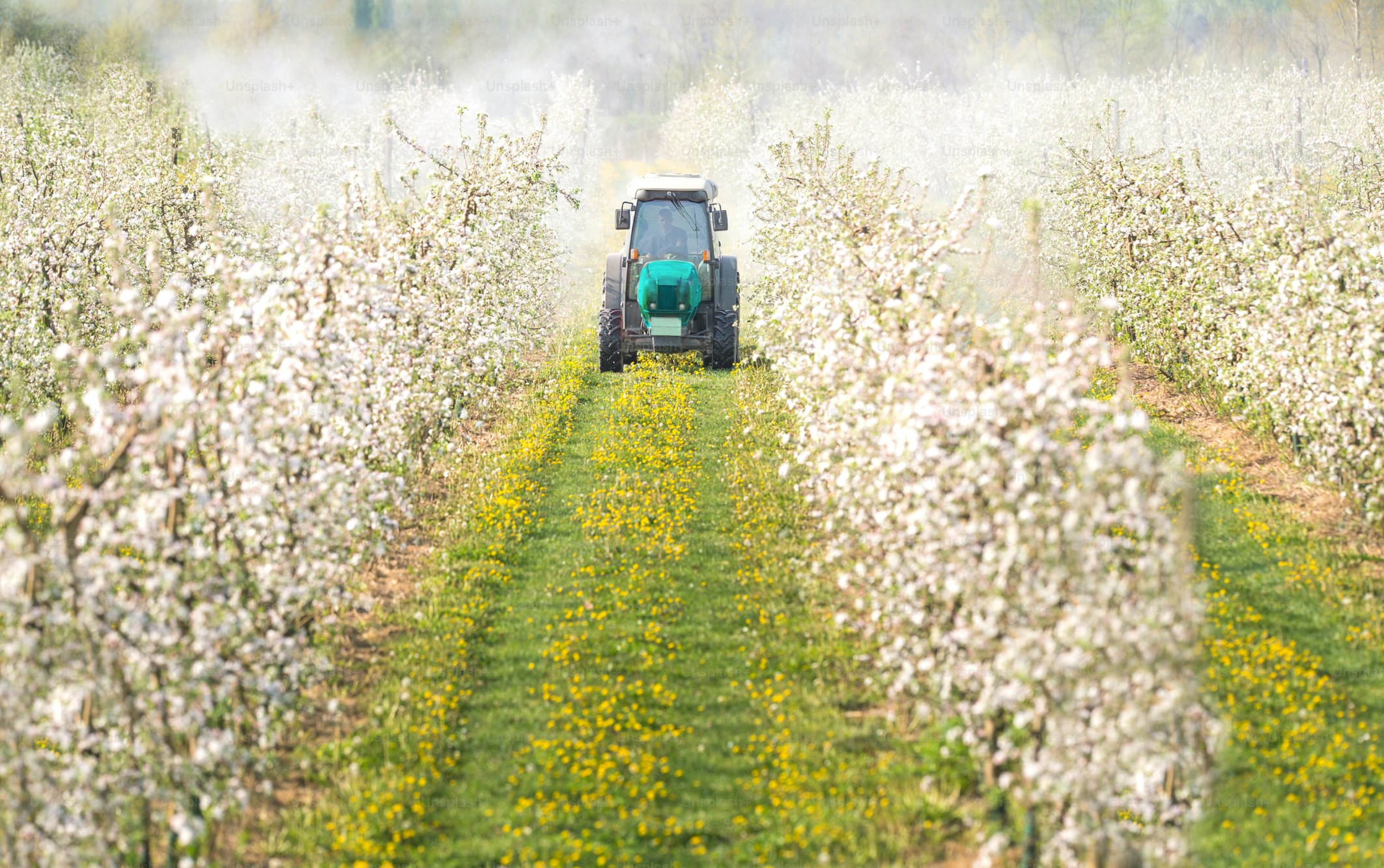C&A is a Dutch multinational of retail clothing stores committed to the development of organic cotton production, with a set goal of having its entire cotton collection made from sustainable products by 2020, the company said in a statement.
Jeffrey Hogue, C&A Global's Chief Sustainability Officer explained that being the world's largest buyer of organic cotton, it's a positive sign that the company's long-term sustainability efforts are pointed in the right direction.
To develop organic cotton, C&A and the C&A Foundation have been working to implement various social and environmental programs that encourage organic cotton production and improve the livelihoods of smallholder farmers. The company, in collaboration with other brands and key players, also works with Cotton Connect, Textile Exchange, and the C&A Foundation, which is a founding member of the Organic Cotton Accelerator (OCA).
On the Road to 100% Organic
Global organic cotton production continues to decline despite growing demand in international markets, with ecological, social, and economic consequences for all those involved in the supply chain worldwide. Only 1% of the world's cotton production is of the organic variety.
For C&A Europe, which is committed to promoting organic cotton cultivation, reversing this decline is a key objective. In the words of Thorsten Rolfes, head of corporate communications in Europe, he says that brands are now at a critical point, where demand is outstripping the supply of organic cotton, creating uncertainty that jeopardizes long-term investments in organic cotton.
Organic cotton production, which had been growing steadily until 2011, has declined by 8% since then, despite the fact that 50% of the producing countries have increased their production. Some causes are, for example, a lack of knowledge of proper organic farming methods and a lack of collaboration between communities.
In order to raise awareness of this problem, C&A publishes the guide "Let's use organic cotton for everyone every day" which explains in detail both the added value of organic cotton production and the challenges they face, revealing opportunities for all those who are part of the global supply chain. In this respect, C&A believes that companies in the textile sector have a special responsibility.
C&A set itself the long-term goal of sourcing the entire collection of cotton products from sustainable crops by 2028. The company’s Environmental Stewardship program is what drives its climate change and environmental commitments.
In 2021, C&A sourced 77% of its materials sustainably, in addition to advancing its use of Cradle to Cradle certified materials in its garments. C&A sources its cotton through the Better Cotton Initiative, as well as its recycled materials approved by the Global Recycled Standard.
The Impact of Organic Cotton
Brands play a key role in the development of organic cotton as a sustainable resource. Although some companies are already working on this, the supply crisis shows that there is still a long way to go. Cooperation is the key, which means working together with experts, local communities and governments can enable the full potential of organic cotton to be developed.
Companies can make a difference not only in the producing countries but also in the trading markets by raising awareness of organic cotton among their customers. Its experience has shown that it is possible to raise awareness, supply-demand, and also be profitable.
Today, C&A is one of the largest buyers of organic cotton and sold more than 100 million organic cotton garments in fiscal 2013, a significant increase over the previous year. Thus, the percentage of organic cotton out of the total cotton garment collection amounts to 38%.
Seventy-five percent of the organic cotton processed, which is grown without the use of pesticides and artificial fertilizers, comes from farms supported by the C&A Foundation - in India, around 60,000 farmers benefit from these projects.
The social and environmental programs focus on the local communities in the growing areas to improve the living conditions of the cotton growers working there. Among others, projects are carried out for drip irrigation and the supply of organic seeds, in addition to providing training for farmers and other important partners in the organic cotton supply chain.

